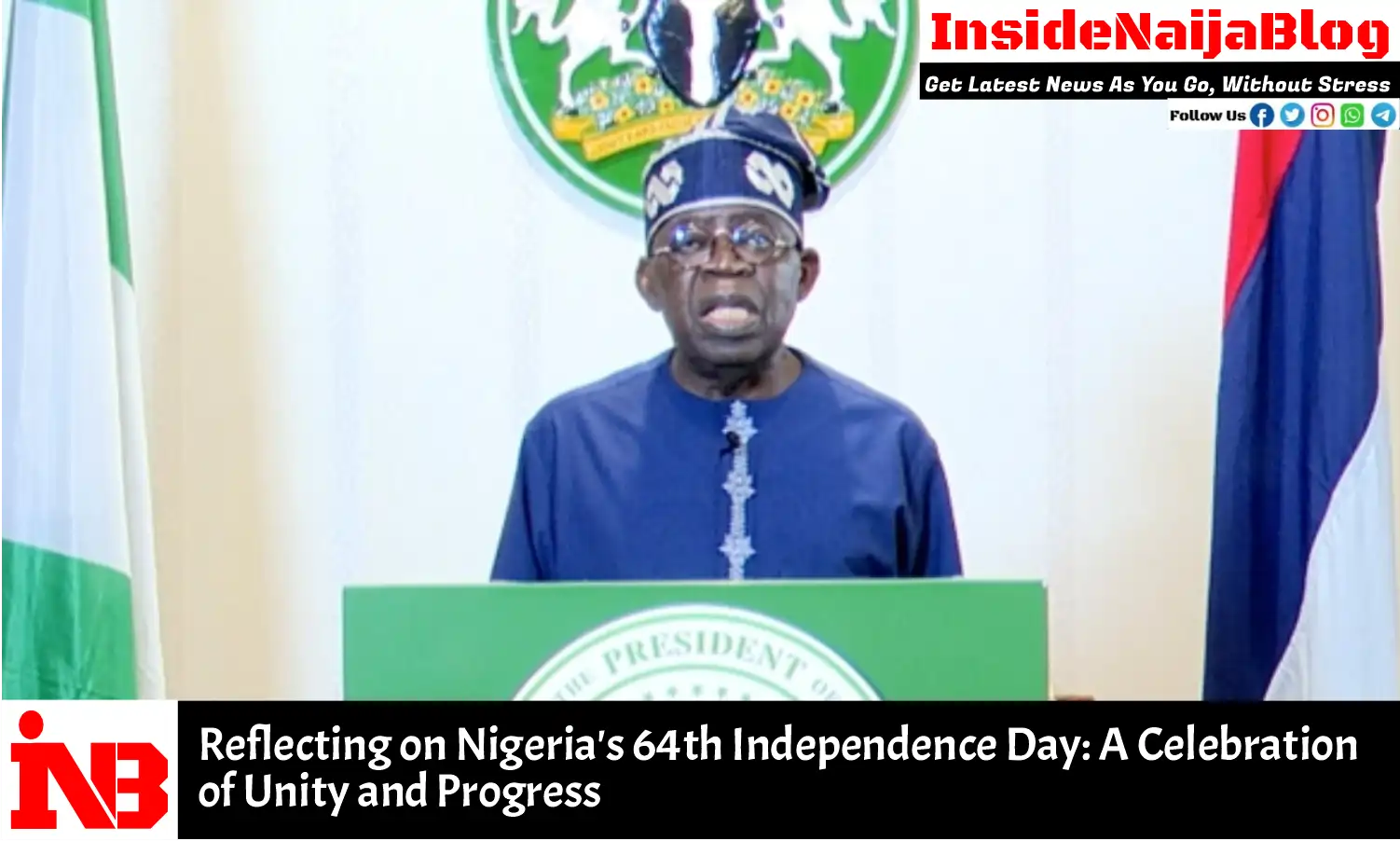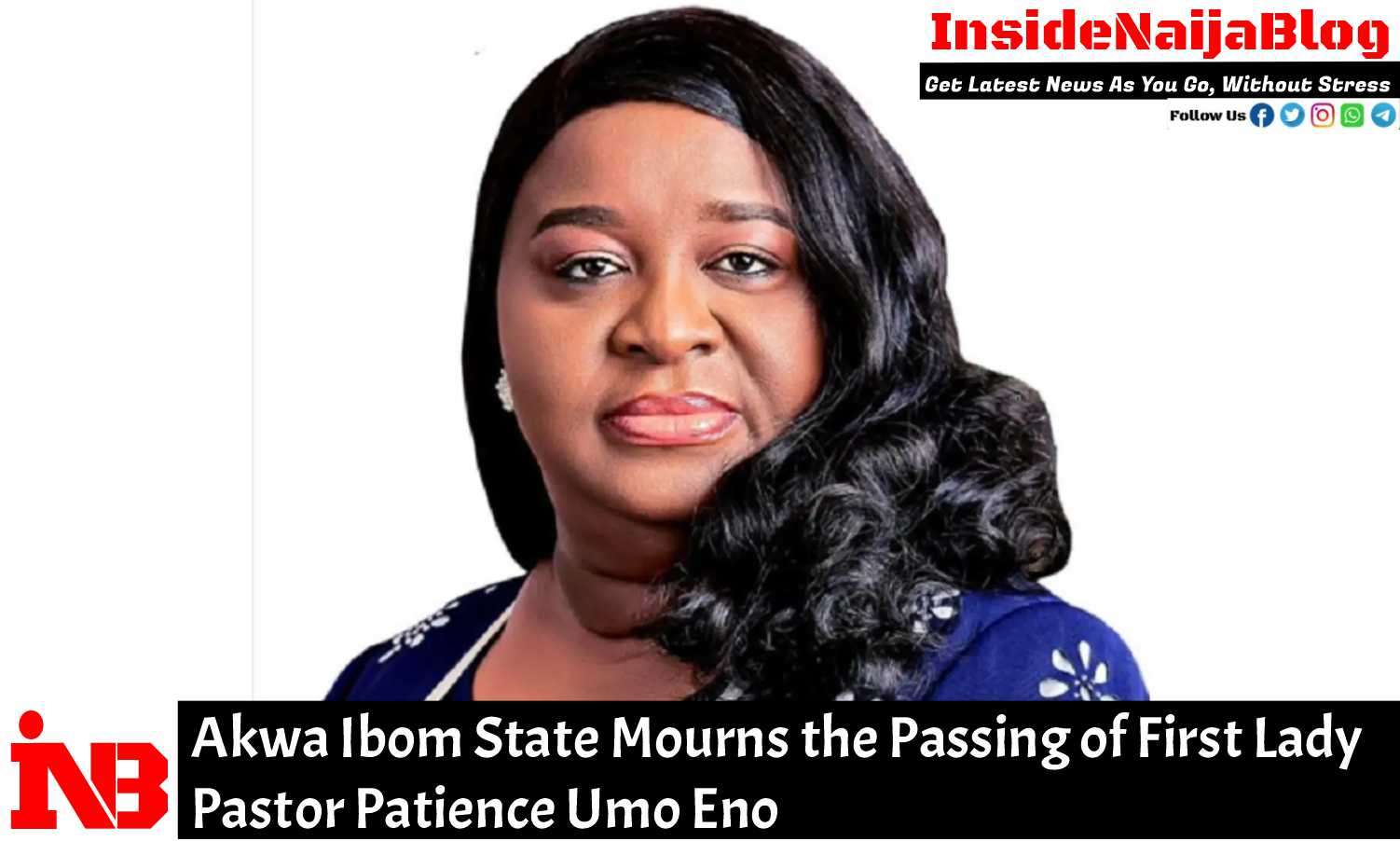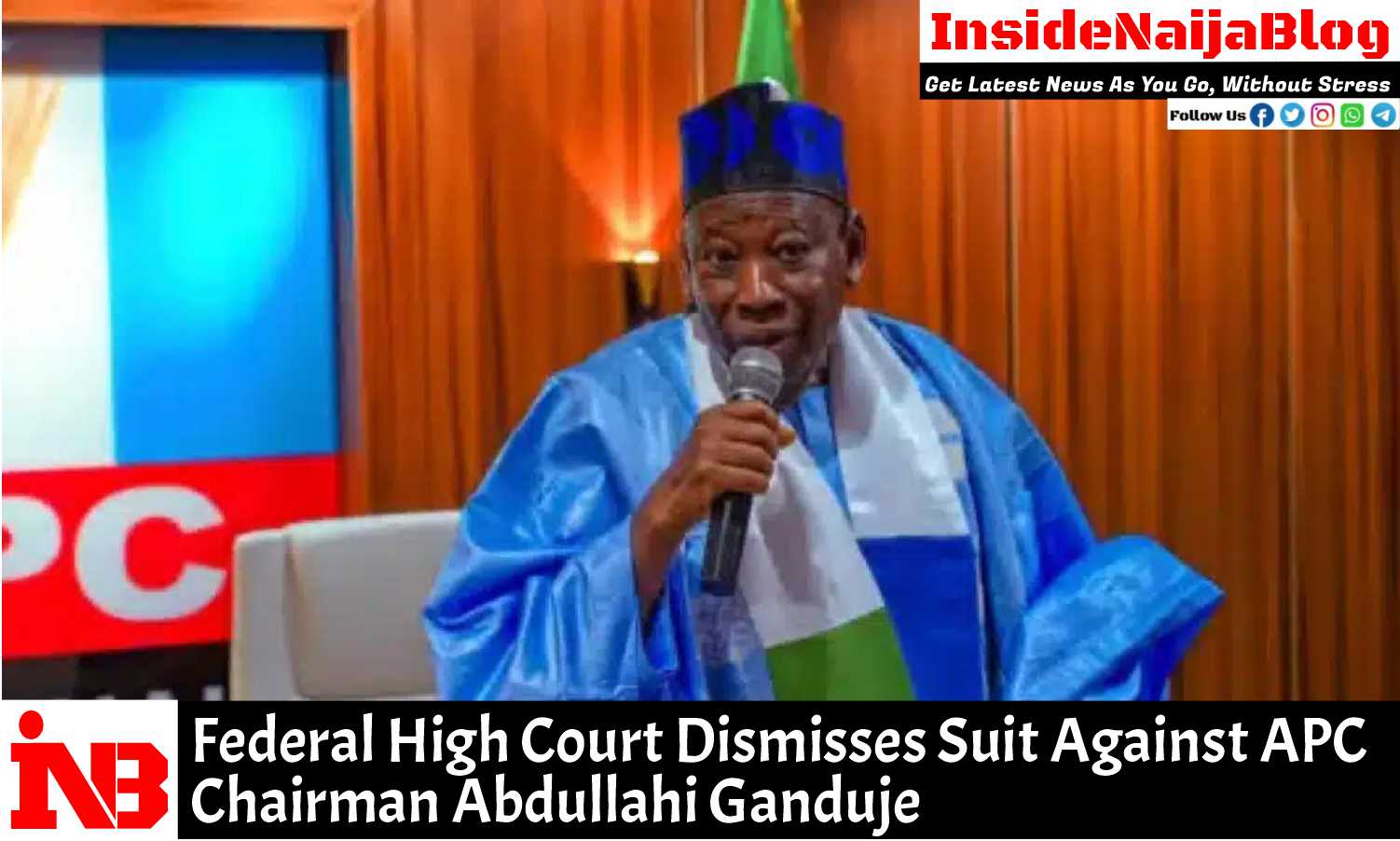President Bola Tinubu has directed the Attorney General of the Federation (AGF), Lateef Fagbemi, to secure the immediate release of minors facing prosecution for alleged involvement in #EndBadGovernance protests. This order came after 19 protesters, including three minors, were arraigned before Justice Aisha Mohammed Ali at a Maiduguri court. The President also ordered that the minors be provided welfare support by the Ministry of Humanitarian Affairs and Poverty Alleviation, and ensured they reunite with their families.
President Tinubu’s response followed widespread outcry over the arrests, especially the arraignment of 29 minors. Influential figures and organizations, including Northern governors, the Arewa Consultative Forum, and political leaders like Abubakar Atiku and Peter Obi, condemned the treatment of these minors. In response, the President has called for an investigation into the conduct of law enforcement agents involved in the arrests, detention, and prosecution of the children, with assurances of disciplinary action for any violations.
Charges of Treason and Social Media Criticism in Maiduguri
Hours before the President’s directive, authorities in Borno State charged three minors and 16 other individuals with treason and defamation, based on accusations of social media activity allegedly inciting rebellion and targeting state officials. Prosecutors cited the minors’ alleged creation of a WhatsApp group promoting dissent, punishable under Borno’s new Penal Code. Additionally, eleven defendants were accused of public displays of Russian flags during protests, acts seen as subversive. They all pleaded not guilty, and the court adjourned the case to November 18, ordering the minors be held in juvenile facilities.
Abuja Protests Against Economic Crisis and Fuel Woes
On the same day, Abuja witnessed another round of protests over economic difficulties tied to the country’s fuel crisis. Led by activists from the Two Million Man March Against Oil Scam Cabal and Citizens and Economic Freedom Rights Activists in Nigeria (CEFRAN), demonstrators voiced frustration over the surging fuel prices and inflation, which have heavily impacted everyday Nigerians. Protesters criticized the current fuel subsidy policy and called for full deregulation of the oil sector to increase transparency and competition.
Abdullahi Bilal, one of the protest leaders, condemned the rising fuel prices and the government’s failure to address persistent shortages. Bilal emphasized the need to end what he described as a “fraudulent fuel subsidy regime” that benefits a select few. Other demonstrators expressed anger over the importation of adulterated fuel, which has damaged vehicles and harmed small businesses, demanding accountability for those responsible.
Protesters also voiced disappointment over unfulfilled promises that Dangote Refinery would alleviate fuel shortages. They cited the refinery’s failure, along with the broader economic impacts, including an inflation rate that now exceeds 34%. With fuel prices soaring over 200%, they argued that millions of Nigerians have been pushed deeper into poverty, further exacerbated by what they view as inadequate management within the oil sector.
Human Rights Advocate Calls for Broader Release of Protesters
Following the President’s order for the release of minors, human rights lawyer Femi Falana called for the discontinuation of treason charges against all protesters arrested during the #EndBadGovernance demonstrations. Falana urged the AGF to formally dismiss these charges, emphasizing the lack of evidence for treason accusations. He criticized the police prosecutor’s efforts to present Russian flags and other items as evidence, calling the move an embarrassment for the government.
President Tinubu’s directive to release the minors represents a response to both legal and humanitarian concerns. However, continued scrutiny of law enforcement actions and the public’s dissatisfaction with economic management reveal deep-rooted issues in the country. As the November court dates approach, pressure remains on the government to address both the rights of protesters and Nigeria’s worsening economic challenges.




